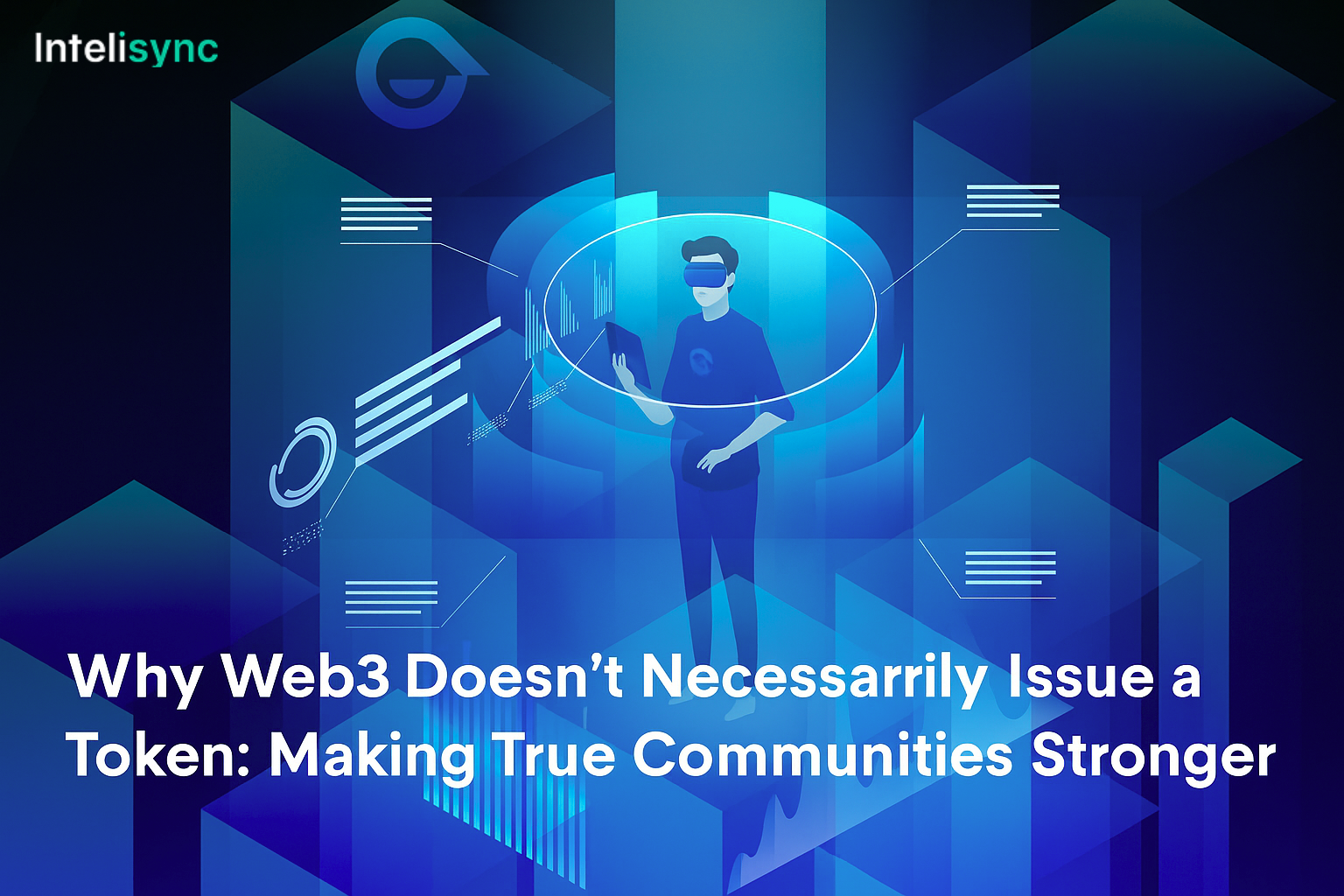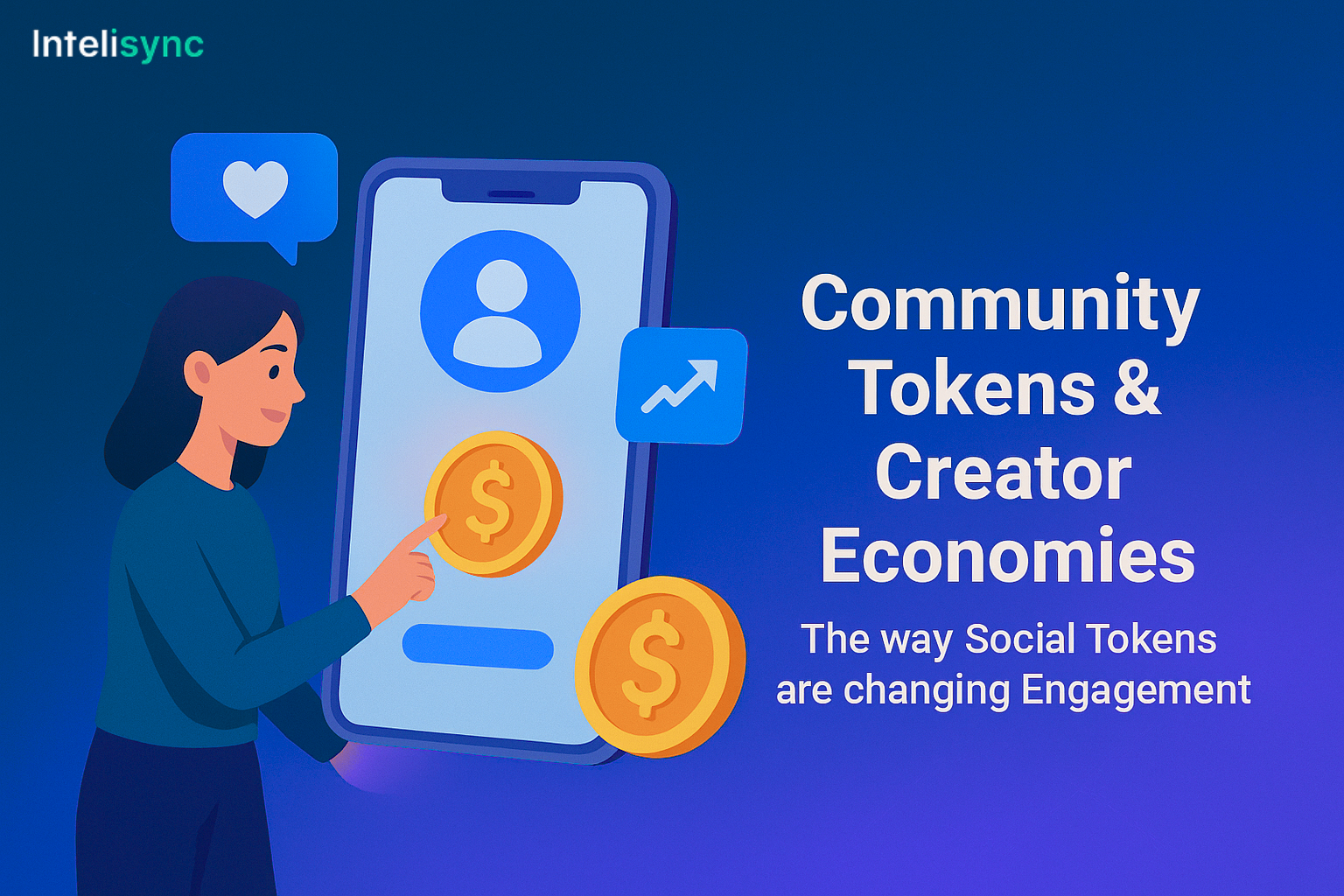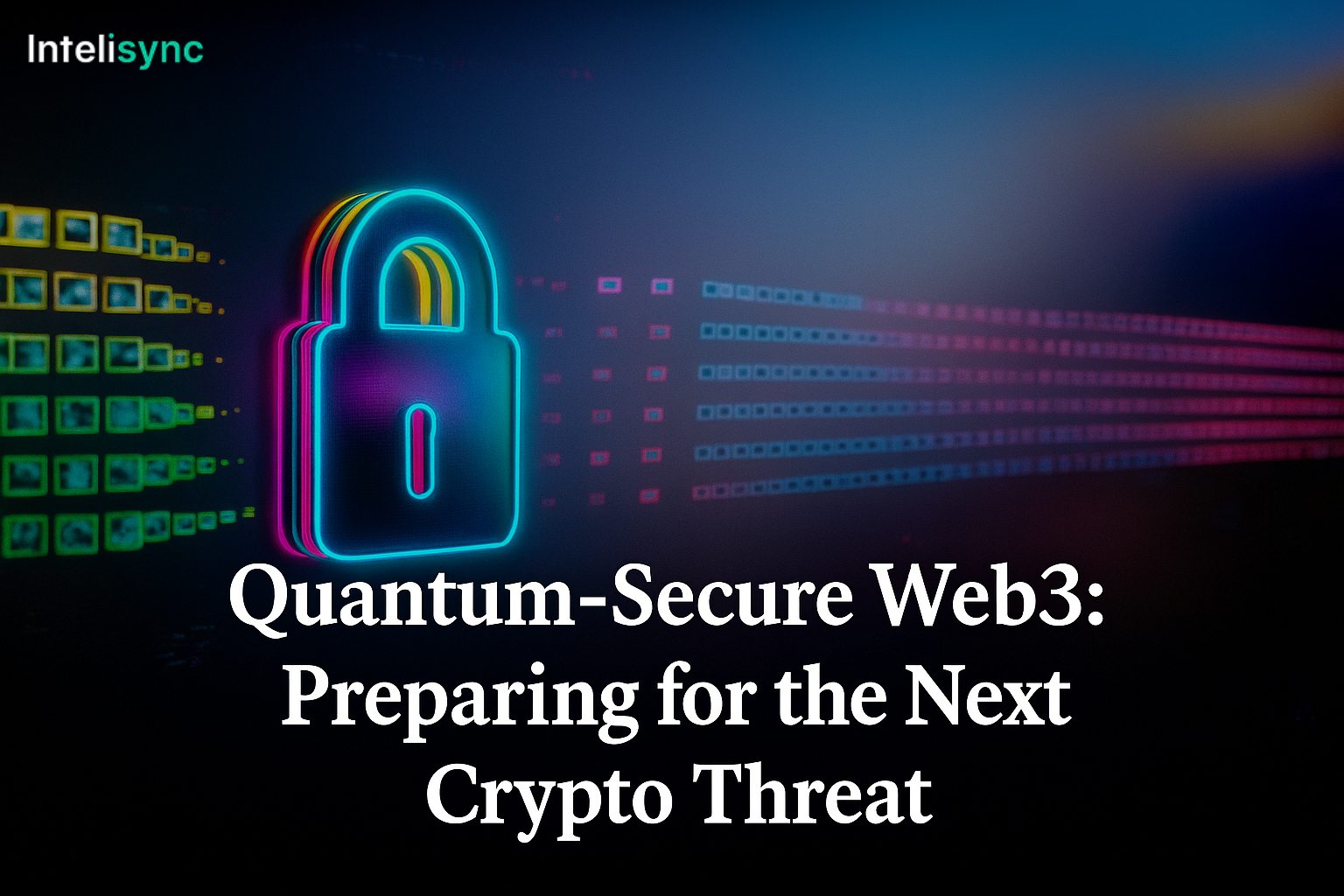Introduction: The Rise of Self-Sovereign Identity.
The decentralized identity (DID) revolution is one of the most radical changes in the digital world that is taking place in 2025. Corporations, governments and centralized platforms have in the past gathered control of their user identities over decades. People have been forced to rely on the mediators whether they are logging into social media, using financial services, or checking their health records.
Blockchain and Web3 are reversing this paradigm now. Decentralized identity enables people to own their digital identity and have complete authority over it, allowing them to choose who accesses their data and when and under what conditions. It is not a revolution of privacy, but rather, a revolution of trust in a hyper-digital world.
What Is Decentralized Identity (DID)?
Moving Out of a Centralized Control.
The classical identity systems are based on localized institutions, which are banks, governments, corporations. These custodians contain sensitive information in silos, which poses threats of violation, identity theft, and abuse.
Decentralized identity is however driven by blockchain and cryptographic proofs. Rather than having a single authority, DID is distributed safely on distributed networks and under the control of the user.
The Core Principles of DID
- Sovereignty of the user: You are the owner of your identity and data.
- Privacy by Desire: Share information only as much as necessary (through zero-knowledge proofs).
- Interoperability: Identity can be authenticated across applications, chains and organizations.
- Security First: Do away with centralized honeypots which are the attraction sites of the hackers.
Why 2025 Is the Year of Identity Revolution.
Global Push of Digital Identity Standards.
Decentralized identifiers (DIDs) and verifiable credentials (VCs) are coming into alignment between governments, enterprises, and Web3 projects. The eIDAS 2.0 regulation by the EU, e.g. is favouring blockchain-based digital wallets.
Increasing Data breach and privacy issues.
In 2024, the price of data attacks was over 5 trillion around the world. Users are insisting on privacy-first options in which they are the owners of their data rather than companies making a profit off it.
Web3 Mass Adoption Takes Trust.
With the rise of DeFi, NFT marketplaces, and metaverses, it will need frictionless, secure, and verifiable identity solutions to bring in billions of users. Web3 scalability is becoming based on DID.
Building Blocks of Decentralized Identity.
Decentralized Identifiers (DID).
Individual and blockchain-based identifiers which connect to verifiable credentials. As compared to email addresses or usernames, DID is cryptographically signed and immutable.
Verifiable Credentials (VCs)
These are online certifications (such as driving license or college degree) that are issued by authorities, but are entirely under the user control.
Zero-Knowledge Proofs (ZKPs)
ZKPs enable users to authenticate facts (such as age or income) without sharing their sensitive information, which is one of the essential factors of privacy in decentralized identity.
The Effect of DID on Industries in 2025.
Finance and Banking
Decentralized KYC (Know Your Customer) will help banks and DeFi platforms to authenticate users without storing colossal amounts of personal information.
Healthcare
Instead, patients obtain the medical records ownership, and they are able to share the encrypted health information only with licensed professionals.
Education and Employment
As verifiable credentials, degrees, certificates and job histories can be issue, doing away with fraud and making international job applications simple.
Metaverse and Gaming
Players carry one identity that is decentralized in the various metaverses and this guarantees continuation of assets, reputation and social presence.
The role of Intelisync in Identity Revolution.
In the case of Intelisync.ai, we are assisting Web3 projects and businesses to integrate decentralized identity solutions that are compliant with the 2025 standards. Our services that are DID-focused are:
- Decentralized Wallet Integrations: fixing wallets using DID to achieve seamless onboarding.
- Cross-Chain DID Protocols: Identity interoperability.
- ZKP-Privacy: Anonymity: Verify and provide protection to users.
- Bespoke Enterprise Identity Solutions: Supporting the implementation of secure identity systems by financial institutions, healthcare providers and corporations.
Intelisync makes business leaders stay on top of the DID revolution by connecting Web3 infrastructure and real-life compliance.
Problems with Adopting Decentralized Identity.
Regulatory Uncertainty
Governments are yet to come up with structures to perform decentralized ID checks. It is difficult to balance privacy and compliance.
User Experience
To achieve mass adoption, UX should be as simple as Googling or opening an Apple ID.
Interoperability
Several DID models (Sovrin, ENS, SpruceID, etc) must align to global adoption.
Hypothesis: Roadmap to Web3 Projects to Embrace DID.
- Audit Current Identity Flows – Find out where centralized ID dependencies are found.
- Adopt DID Wallets – Switch to wallets with support of decentralized identifiers.
- Incorporate Verifiable Credentials – Onboarding, KYC and compliance using VCs.
- Allow ZKP Checking Enforce privacy and trust in transactions.
Collaborate with Intelisync Future-proof DID strategies along with support of experts in Web3 infrastructure.
The Human Side of Identity in 2025.
Decentralized identity is not only technical, but very personal. It is a journey of digital freedom in a time when surveillance capitalism has destroyed privacy. DID enables people to be the owner of their own online narrative, choose what they want to share, and be a part of an actual user-first internet.
In 2025, identity is not a corporate asset, it is an individual right, which is driven by blockchain.
We will conclude that Identity, Reimagined is an excellent work of art.
In conclusion, Identity, Reimagined is a great piece of art.
One of the most radical changes in the digital age is the identity revolution of 2025. Decentralized identity is defining a trust-first Web3 future in everything, including finance, gaming, healthcare, and governance.
With the increasing adoption rate, projects, which use DID, will not just protect their users, but also open up new dimensions of engagement, compliance, and growth.
We are constructing this identity-first future at Intelisync, a decentralized trust-based, truly borderless, secure, and scalable Web3 ecosystem.






